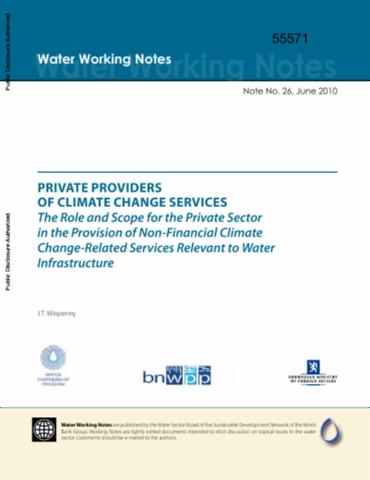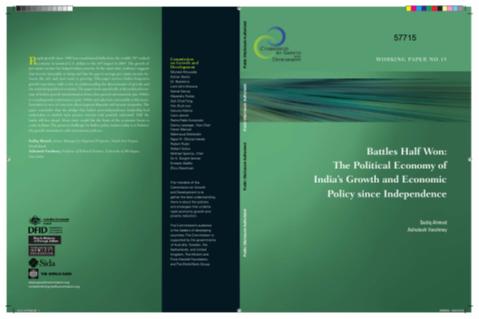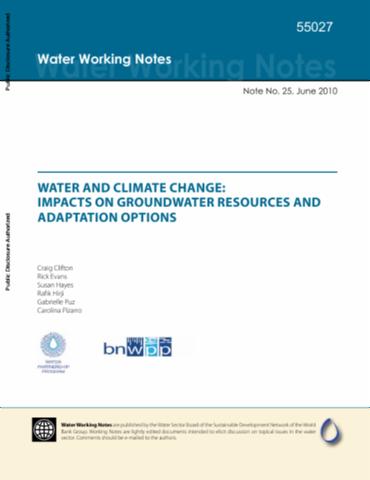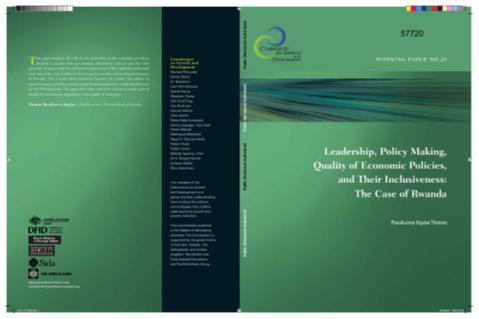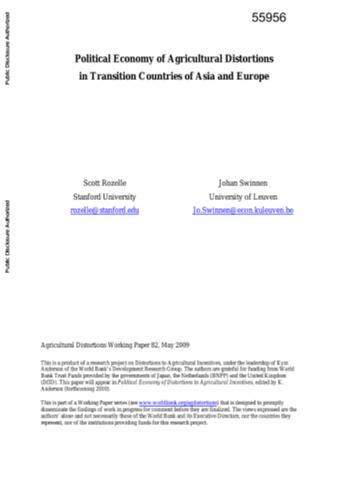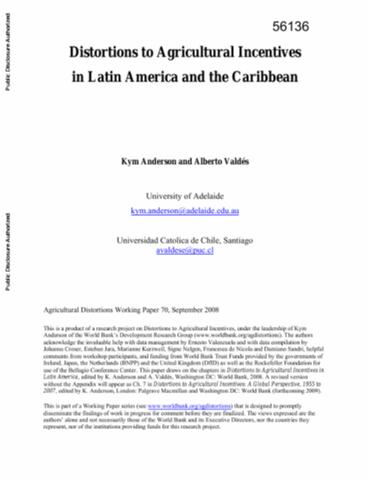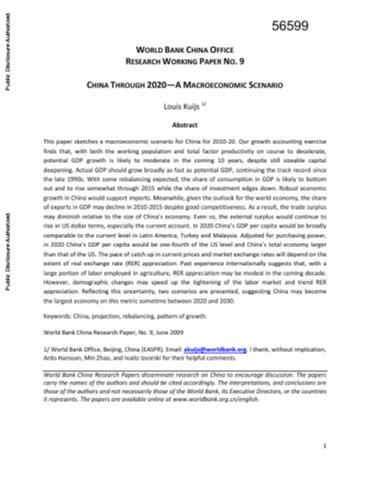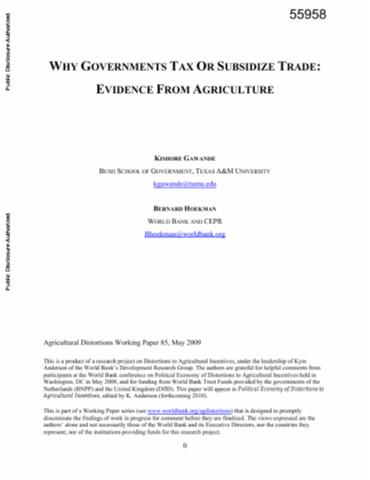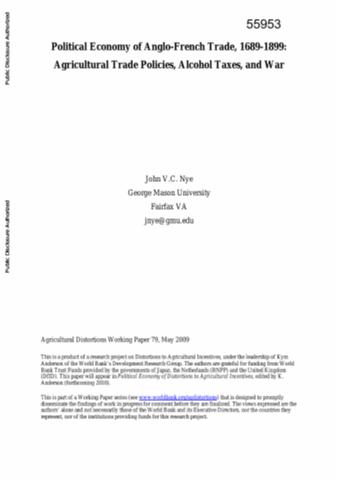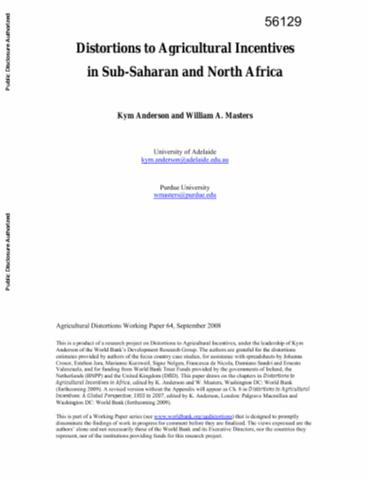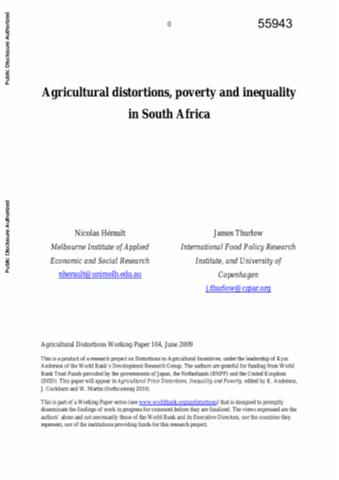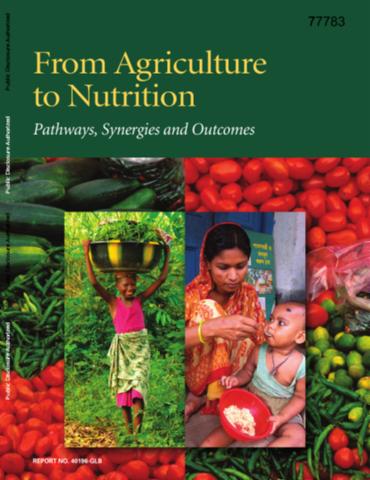Private Providers of Climate Change Services
Man-made climate change is affecting water infrastructure in all regions of the world, affecting large numbers of people in their daily life and the development of their societies. As part of the World Bank Water Anchor's analytical and advisory work on water and climate change, consultants have investigated how private sector services to infrastructure may address the challenges related to climate change while, at the same time, improving development opportunities for people.

